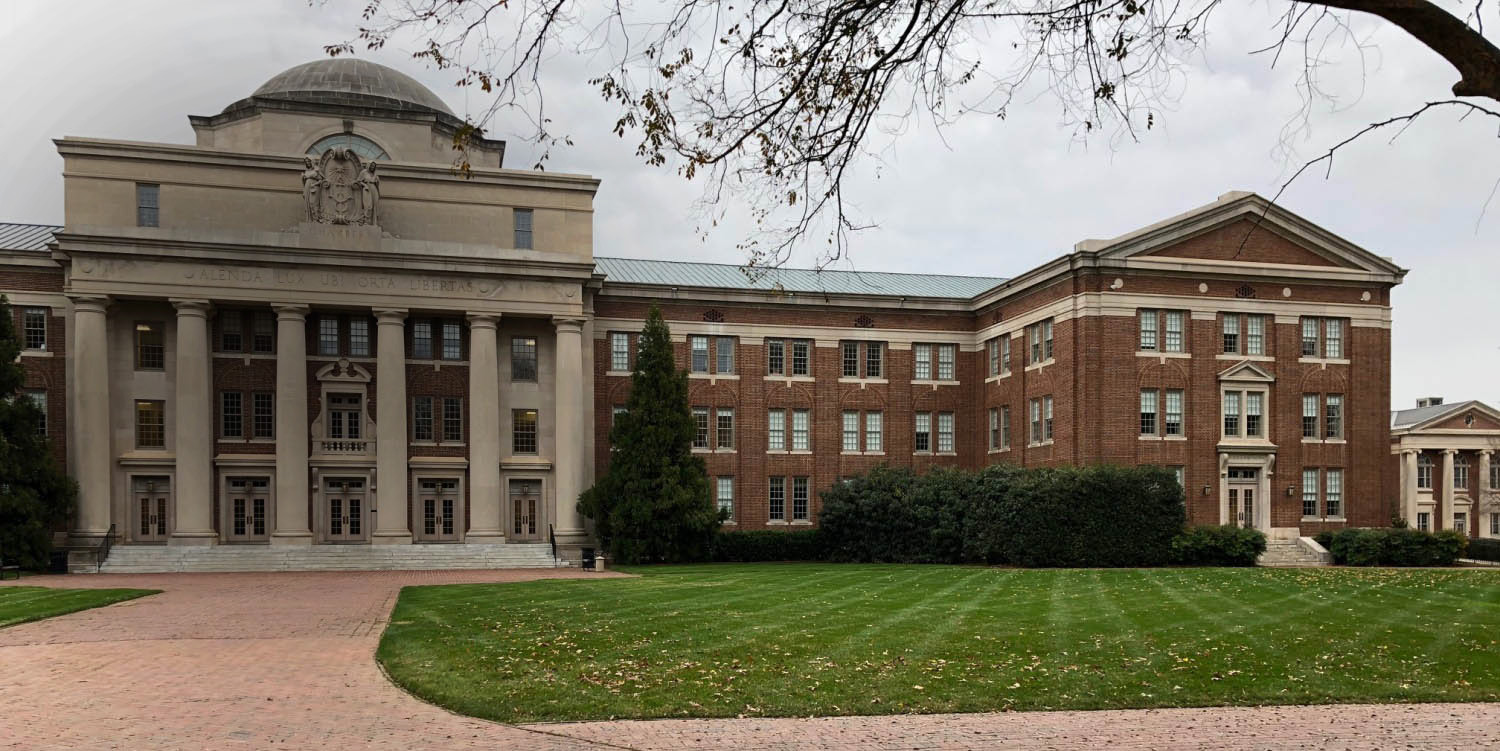On August 30, 2019, the U.S. Department of Education (the Department) released the third version of its Borrower Defenses to Repayment (BDTR) regulation, which is a regulation that, among other things, provides a mechanism for federal student loan borrowers to assert that the college should be required to repay their student loans on account of the school’s fraudulent acts or omissions. The version of BDTR that applies to a borrower’s situation depends upon when the loan in question was first disbursed:
1. For loans first disbursed prior to July 1, 2017, the version of BDTR that applies is the regulation that was published on December 1, 1994;
2. For loans first disbursed on or after July 1, 2017 and before July 1, 2020, the version of BDTR that applies is the regulation that was published on November 1, 2016; and
3. For loans first disbursed on or after July 1, 2020, the version of BDTR that applies is the regulation that was released on August 30, 2019.
Regardless of which version of BDTR applies, one thing remains the same for institutions that want to avoid a BDTR claim: Do not make misrepresentations about your educational services upon which students are likely to rely. While the definition of “misrepresentation” differs somewhat from BDTR version to BDTR version, a good guide is any materially false, misleading, or deceptive statement, act, or omission.
The types of misrepresentations that a school could make that would subject it to a BDTR claim are limitless, but the Department provides several subject areas that could be raised by a borrower:
• Licensure passage rates;
• Employment rates;
• Institutional selectivity or rankings, student admission profiles, or institutional rankings;
• Specialized, programmatic, or institutional certifications, accreditation, or approvals;
• Transferability of credits;
• Employability or specific earnings of graduates;
• Availability, amount, or nature of financial assistance provided;
• Amount, method, or timing of payment of tuition and fees;
• Endorsement of the institution, its courses, or programs by vocational counselors, high schools, colleges, educational organizations, employment agencies, members of a particular industry, students, former students, governmental officials, Federal or State agencies, the United States Armed Forces, or other individuals or entities;
• Educational resources required for the completion of the educational program; and
• Nature or extent of prerequisites for enrollment in a course or program.
Institutions of higher education should ensure that all marketing materials (including social media posts), websites, and other communications to prospective and current students are accurate and otherwise meet the Department’s legal requirements. Additionally, institutions should ensure that student-facing officials are well- trained to safeguard against the risk of making a misrepresentation.
Jonathan A. Vogel, a former deputy general counsel with the U.S. Department of Education and a former federal prosecutor, is the managing attorney of Vogel Law Firm PLLC, an education law firm focused on legal issues that arise in K-12, higher education, and student loans.


